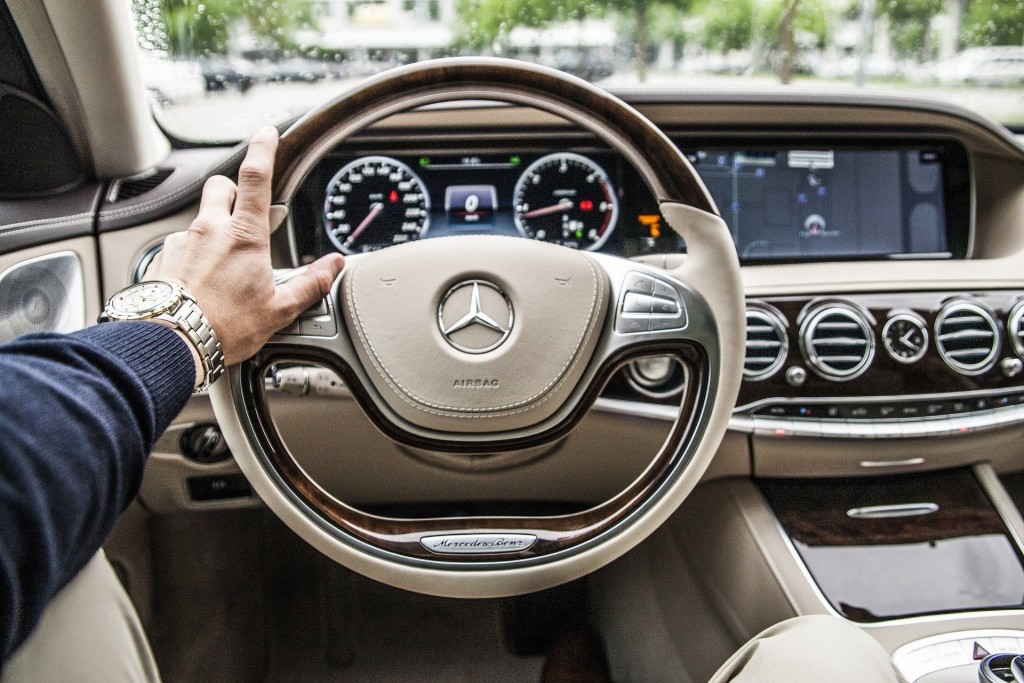In the state of Florida, it is not legal to operate a vehicle without auto insurance coverage. Therefore, if you have a car and want to drive, you must have insurance. Therefore, there are questions which need to be answered.
First and foremost, you must understand what the minimum insurance coverage in Florida is.
Florida Minimum Auto Insurance Coverage
The minimum limits for Florida car insurance coverage are:
- $10,000 of no-fault or personal injury protection (PIP) insurance: In a no-fault state, PIP covers medical expenses and, in some cases, lost wages and other damages. A PIP claim is made by the insured motorist to their own insurance company.
- $10,000 of property damage liability (PDL) insurance: PDL coverage is essential, yet many drivers don’t fully understand how it works. Property damage liability coverage covers the cost of repairing someone else’s property after an accident.
5 More Frequently Asked Questions
- How does the insurance provider calculate my level of risk?
Auto insurance companies assess risk based on a number of factors, which typically includes age, sex, career, geographic location and driving experience. Premiums for first time drivers are typically more expensive, and drivers with criminal records are also considered higher risk. The greater the risk determined by the insurance provider, the higher the cost of your coverage. - Who is covered under my policy?
If your vehicle is shared with other family members, additional coverage is typically required. If the additional drivers are lower risk, they should not affect your premiums too dramatically. However, adding a teenage driver may raise them considerably. - What level of deductible should I choose?
A deductible is the amount an insured individual must be pay of pocket before the insurance company will reimburse any expenses. A motorist involved in an accident will be required to pay this pre-set amount towards repairing the damage or treating medical issues before the insurance company will begin to cover the remaining expenses. Many people are tempted to have a low deductible to have lower costs after an accident; however, a high deductible is typically considered more prudent. It will keep monthly premiums low, while only requiring a larger payment from you should something happen. Still, if you are better at monthly budgeting than saving for a rainy day, a low deductible may make sense. Be sure to discuss your situation with your insurance advisor. - Do I qualify for discounts? Discounts are a great way to lower your monthly premiums, and there are usually a variety of discounts available. For instance, student discounts for good grades, safety discounts for installing a car alarm or driving a car with airbags; or good driver discounts if you have gone a number of years without an accident. Be sure to ask your local insurance broker about all the discounts available to you in your situation.
- Does the kind of car I drive affect my premiums?
The value of your car will affect your premiums. Flashy sports cars with high replacement values will necessitate higher premiums, while a sedan with a top safety rating will result in a much lower monthly fee. You may wish to factor in the likely cost of insurance when considering what type of car to purchase, as your monthly budget will be significantly impacted.
At Ezzi Insurance Advisors, we pride ourselves on taking the time to educate our clients as to the many options available to them. If you need car insurance and are seeking answers to your questions, give us a call. We are happy to help.

